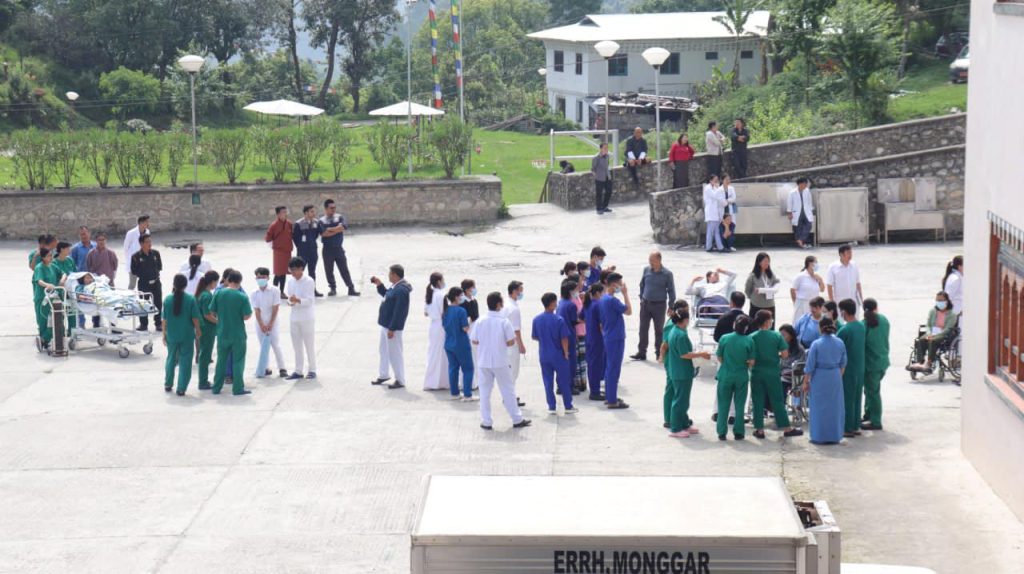
Disasters have the potential to wreak havoc on communities and infrastructure including healthcare facilities. The hospitals as crucial hub for emergency response and medical assistance has to ensure that these facilities are well-prepared to handle various disaster scenarios. While disasters may be unpredictable, proactive preparation through regular drills can mitigate their impact. It will also cultivate a culture of preparedness, equipping staff with the skills and confidence needed to respond effectively to emergencies, safeguarding both lives and infrastructure.
Among the potential disasters, fires pose a particularly significant threat to hospitals due to their potential for rapid spread and devastating consequences. A fire outbreak within a hospital can lead to chaos, endangering patients, staff, and vital medical equipment. Moreover, the smoke and heat generated can hinder evacuation efforts and exacerbate the already precarious situation.
Recognizing these risks and following a 3 days of sensitization to all the staff last week, the hospital management conducted a Mock Fire Drill today to test the hospital Disaster Contingency Plan.
A realistic scenario of fire outbreak at third floor of the hospital was simulated which required activation of the hospital Incident
Command System and evacuation of indoor patients from different wards. The drill allowed different categories of staff to play their roles and responsibilities, identify potential weaknesses in the plan, and refine their response strategies. Together, a simulation of activating the Rapid Response Team was also done to test the preparedness of Emergency Department with multiple cases.
Two external and four internal experts were involved in today’s drill to observe, assess and provide feedbacks which they did it during the debriefing session. The hospital management has acknowledged to incorporate all the feedbacks and lessons leant from the drill to revisit the contingency plan and address the deficiencies. Overall, the drill was deemed a success thanks to meticulous planning and execution by the Dr. Sherab Wangdi, EP & team with support from administration and cooperation from all the staff and stakeholders involved.




